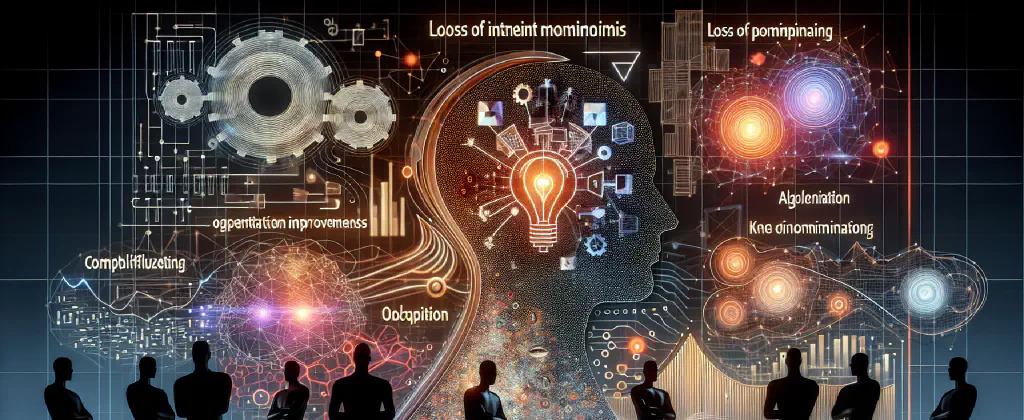16. December 2023
Advancements in Machine Learning for Machine Learning

Machine learning (ML) has revolutionized many industries, and its potential continues to expand with advancements in ML compilers. ML compilers aim to optimize the performance of machine learning models by leveraging techniques such as algorithmic improvements, loss of intent minimization, and efficient kernel processing. While some express skepticism about the effectiveness of ML compilers compared to traditional methods, others believe that ML-based optimizers have the potential to surpass human-designed algorithms. The debate continues, but there are promising developments in the field that are worth exploring.
The Rise of ML Compilers
ML compilers are gaining attention due to their potential to enhance the performance of machine learning models. Traditional compilers have shown their usefulness in various applications, and ML compilers seek to achieve similar outcomes for optimizing ML models. By utilizing neural networks and heuristics, ML compilers can improve algorithms, enabling faster and more efficient computation. One example is the chess engine Stockfish, which replaced human-written heuristics with a neural network, resulting in better board evaluation.
The Promising Potential
While ML compilers still have room for improvement, they offer exciting possibilities. These compilers can predict the runtime performance of computation graphs by using graph neural networks (GNNs) and other features such as opcode embeddings. The goal is to optimize the graph and improve its performance on various hardware platforms without explicit vendor support. Projects like torch.compile have demonstrated significant speed improvements, making training and inference faster on GPUs and TPUs. Involving more people in the research and development of these methods can further propel the advancement of ML compilers.
The Importance of Data Quality
One critical aspect of ML success is the quality of data. OpenAI’s dominance in models like GPT-4 can be attributed to the high-quality data and extensive cleaning efforts they employed. By putting in the work to annotate and clean training data, OpenAI was able to improve model performance and reduce bias across their product range. The use of data from less privileged individuals in 3rd world countries has sparked ethical concerns, but companies like Google have also relied on data collection and annotation for various projects, including search-ranking and ad-ranking algorithms.
The First-Mover Advantage
The timing of model development and launch can have a significant impact on success. OpenAI gained a first-mover advantage with the launch of ChatGPT, capturing users, brand recognition, and talent. Google, on the other hand, had models like LaMDA ready before ChatGPT, but the launch of Bard required additional work and a kick in the right direction. While the debate continues over which model was completed first, it is evident that the first-mover advantage plays a crucial role in market positioning.
The Future of Machine Learning
As advancements in machine learning continue, it is clear that the field is evolving rapidly. ML compilers hold promise in optimizing machine learning models, but they are not without their challenges and limitations. The debate between the effectiveness of ML compilers versus traditional approaches will likely continue. However, with ongoing research and development, the potential for ML-based optimizers and compilers to outperform human-designed algorithms is an exciting prospect. It is an evolving landscape that will shape the future of machine learning and contribute to technological advancements in various industries.
😄 Stay tuned for more updates as the advancements in machine learning for machine learning continue to unfold!
Source: https://blog.research.google/2023/12/advancements-in-machine-learning-for.html